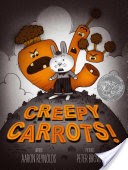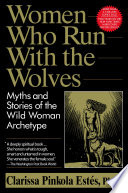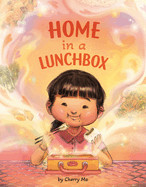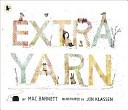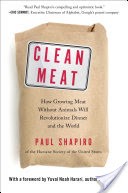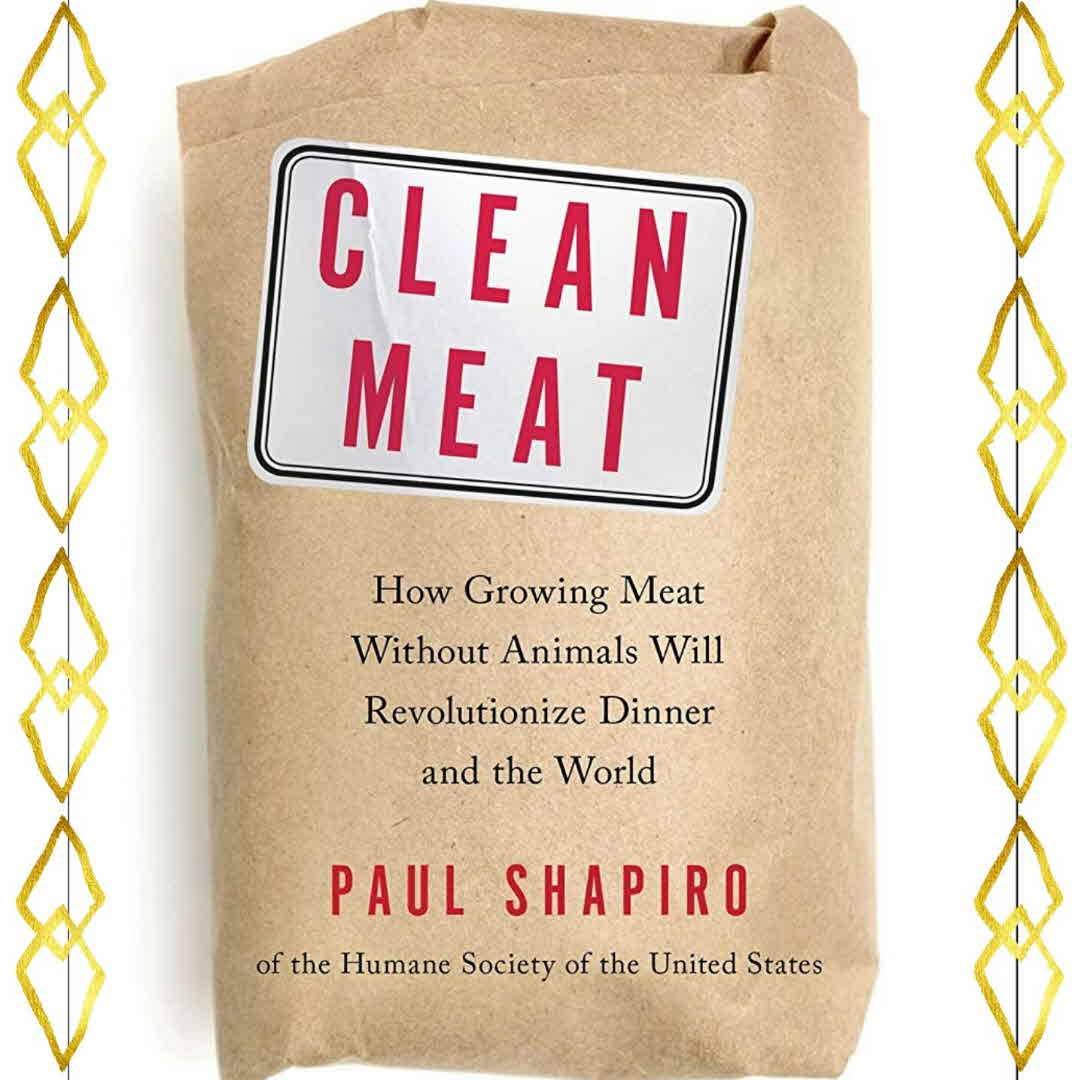
Not my usual pick but it was recommended to me. I'm not vegetarian but the concept of growing 100% real meat (or even just leather), sustainably, without having to raise and slaughter an animal is fascinating. Regardless of your viewpoint on the ethics of eating meat (either for the animals themselves or the environmental impact) this is actually a pretty interesting read. I recommend a #borrow from your library.
16 likes1 stack add






